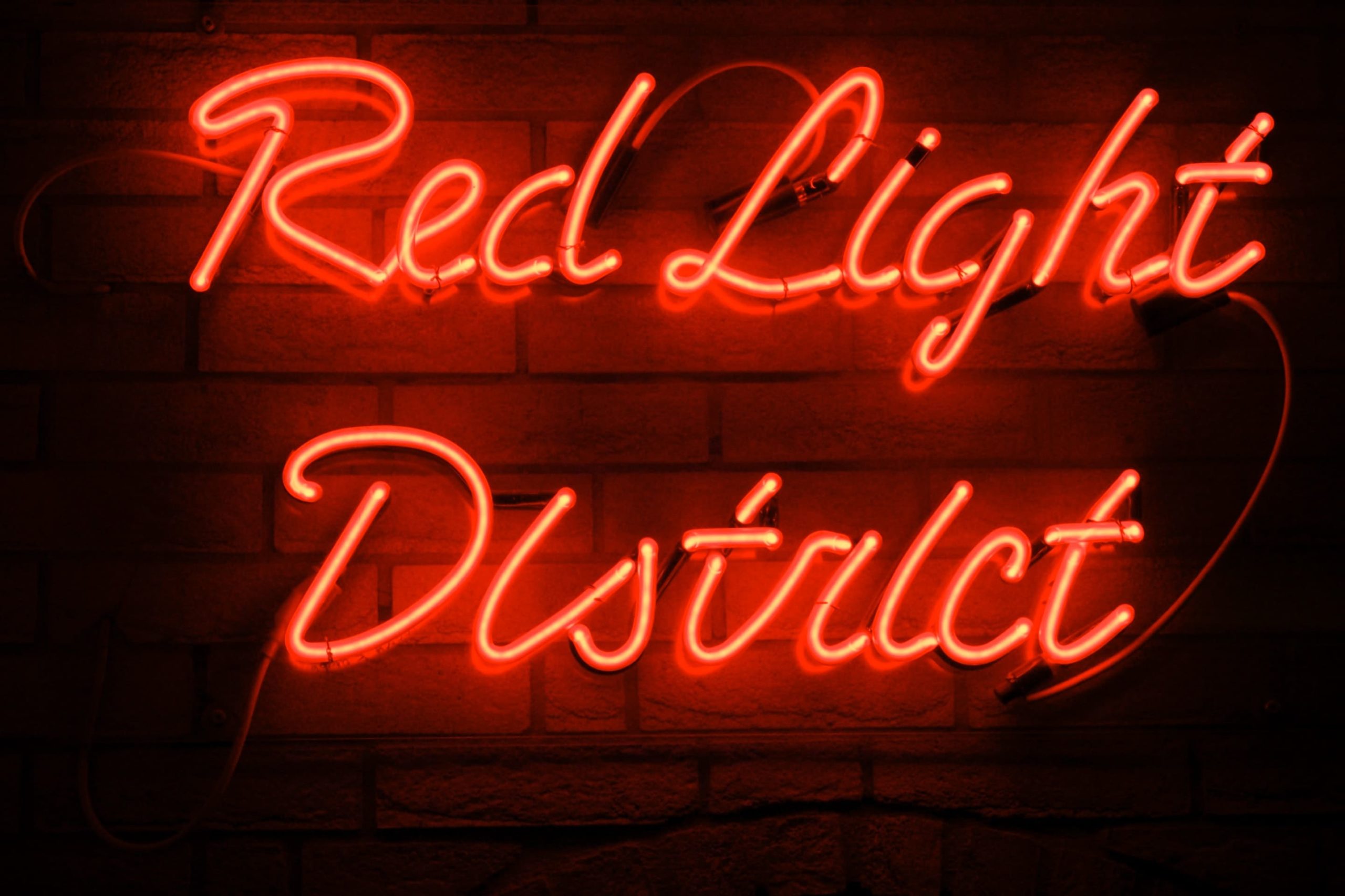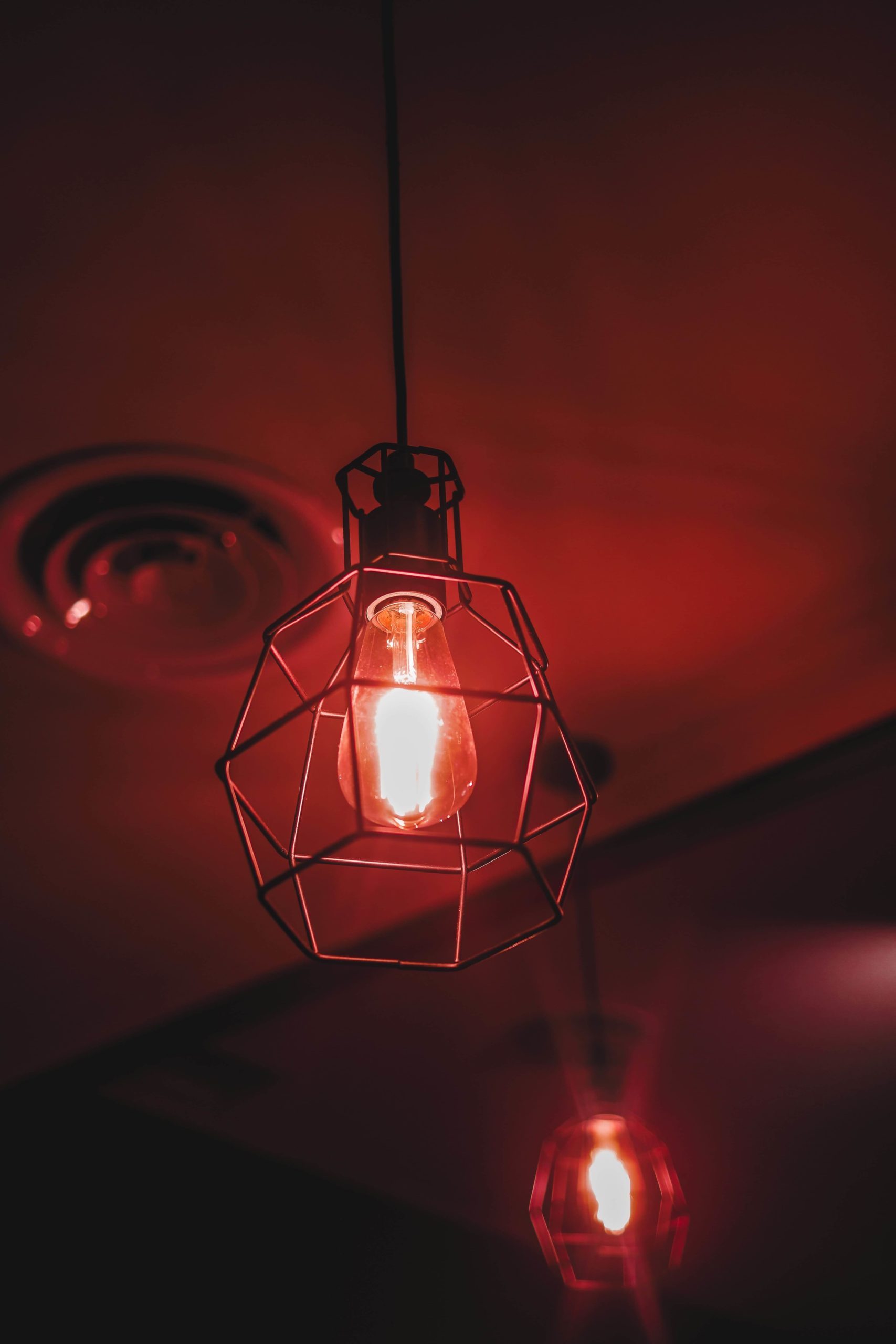Delete Page- Biohacking your Sleep Part II: Insomia or Bad Habits?
→ Insomnia Diagnosis: determine if you are suffering from insomnia or just a bad sleep schedule
→ Reasoning Your Symptoms: the root causes of why you are staying up all night
→ The Ultimate Cure Guide: a detailed list of how to change your diet, environment, and habits for a good night’s rest



The lack of deep sleep produces many negative side effects on your body, including prevention of proper nervous system repairs, growing depression, and even psychosis.
With the global epidemic of sleep deprivation rising higher by the year, an insomnia cure has become ever more sought after and we may have just found the answer with new practices of biohacking sleep. Currently, around 45% of the world’s population is threatened by experiencing around 5 opposed to a recommended 20 percent of deep sleep each night. The lack of deep sleep produces many negative side effects on your body, including prevention of proper nervous system repairs, growing depression, and even psychosis. As many as 10 million people in the UK and 9 million in the US have turned to sleeping pills to solve their cases of insomnia; however, with almost half of the world’s population still sleep deprived, this method is clearly not successful. Not only do sleeping pills carry a range of eventual dependency and withdrawal issues but they focus on force starting sleep instead of fixing why your body is failing to sleep in the first place. Solutions that biohack sleep, on the other hand, concentrate on getting to the root cause of your insomnia to extend the duration of, eliminate any interruptions to, and deepen your depth while in your sleep cycle to optimally restore the quality of your sleep. If you believe you are among the sleep deprived population or want to learn how to prevent your chances of becoming so, continue reading to learn about whether you’re actually experiencing insomnia or just a bad sleep schedule, the reasons for either condition, and an action plan to restore and maintain your body’s sleep patterns naturally and effectively.
Is it insomnia or just a bad sleep schedule?
People are often prematurely self-diagnosed as insomniacs if they notice they spend less hours sleeping when in reality they just suffer from a bad sleep schedule. Although biohacking your sleep can help better either condition, insomnia does require additional medical attention as it tends to be a symptom of another disease rather than the root problem itself (more on what causes insomnia in the next section). Use the following symptom table to distinguish if you have insomnia or just a bad sleep schedule:
What is causing you to stay up at night?
Now that you know whether you actually suffer from insomnia or just a poor sleeping habit, we can now help you understand the root causes of your sleep deprivation. Notice there was no mention of any “normal” amount of sleep in the table above because there is none. People vary in how many hours they need to best function, so using techniques like taking sleeping pills to extend your sleep time really does nothing. You have to fix the root cause of your sleeping troubles, which we will help you identify below and further target in the following section.
“Why do I have insomnia?”
As mentioned, insomnia is often a symptom of other medical conditions rather than a disease itself. The outlined signs of insomnia are commonly attributed to mental health stressors like anxiety, depression, or even schizophrenia and bipolar disorder. Of course, everyone feels blue from time to time, but longer periods of physical or emotional trauma are so intense that they will trigger insomnia. An inadequate amount of your body’s restorative state during sleep will cause fatigue and all the other negative daytime feelings listed in the table, which will negatively affect your work, relationships, and personal happiness. This sequence will only lead to more mental stress at night and thus hold you in a vicious cycle of insomnia.
If your insomnia continues for longer than a month, it may lead to or be an indicator of more serious medical problems. If this occurs, the best approach is to contact a sleep specialist or a trusted medical professional. Possible conditions include chronic pain syndrome, chronic fatigue syndrome, congestive heart failure, acid reflux disease, chronic obstructive pulmonary disease, obstructive sleep apnea, Parkinson’s disease, Alzheimer’s disease, brain tumors, strokes, or brain trauma. However, once your medical or stress trigger is resolved, you may still experience insomnia as at that point it becomes muscle memory for your body. You will thus need to restore your normal sleep schedule, which you can by following our guide below.
“Why do I have a bad sleep schedule?”
Opposed to insomnia, a bad sleep schedule is rooted in poor sleeping hygiene and negative evening habits leading up to bedtime. To sleep, your body naturally lowers its levels of dopamine, cortisol, and serenity (hormones to stay alert) as well as rise it’s melatonin and serotonin (sleep-inducing hormones). It will then reset itself in the morning as the sunlight tells your body it’s reaching the end of its 25 hours internal clock. However, certain light exposure, temperatures, inconsistent bedtimes, and diets will throw off your internal clock and consequently, your body will incorrectly regulate your hormones to keep you awake instead of putting you to sleep. Below we provide you an action plan to avoid such triggers and put your body back on a proper sleep schedule.

Fall Asleep Faster and Stay Asleep Longer
As mentioned, this plan will help both those who recently resolved an underlying insomnia trigger or just have a bad sleep schedule. It is designed with three sections to help you fall asleep when you actually want to have a long, interruption-free session while asleep, and truly feel awake and restored when getting out of bed.
Caffeine-Free from the afternoon onwards:
Why? When you drink caffeine, it enters your bloodstream via your stomach and small intestine to block your brain’s adenosine (sleep hormone) receptors. This takes as little as 15 minutes to kick in but takes around 6 hours for only half of the caffeine to leave your body. Thus, if you drink caffeine too close to bedtime, it will manipulate your hormones and prevent you from sleeping until its cleared out your body hours later.
How? You should avoid drinking or eating caffeine at least 6 hours before your bedtime. Avoid things like coffee, tea, soda, and chocolate. This will free your brain from limitations and fall asleep when it wants.
Techniques to do every night before bed:
The Military Method
Why?
This popular method was designed for practitioners to literally fall asleep any time and anywhere within 2 minutes or less. It was created by the U.S. Navy Pre-Flight School for its trainees and, within six weeks of training, successfully helped pilots fall asleep within 2 minutes even with gunfire noises in the background.
How?
1.) First, relax every muscle in your face. Focus on your tongue, jaw, and the muscles around your eyes.
2.) Then, drop your shoulders as low as possible.
3.) Following your shoulders, seperately relax the upper part and then the lower part of your right arm. After, repeat the step for your left arm.
4.) Next, take a deep inhale. As you breathe out, let your chest calmly sink into the mattress.
5.) Now, focus on relaxing your legs, beginning with your thighs and then moving onto your calves.
6.) After 10 seconds of complete relaxation throughout your body, let go of any thoughts in your mind. After clearing your head, your body will be in a total state of serenity and you’ll fall right asleep.
The Visualization Method
Why?
If you find clearing your mind in the last step of The Military Method difficult to do, a solution is to distract your mind with your imagination. Stressful thoughts and worries can often be hard to erase; but, visualizing yourself in a calm situation will momentarily take up all the space in your mind away from your concerns long enough for you to fall asleep.
How?
1.) First, carry out steps 1 to 5 of The Military Method.
2.) After that, instead of clearing your mind, spend your mental energy on imagining a serene setting and how it feels to be in it. Examples of the types of situations to imagine include sitting on a beach alone, laying on a couch with a loved one, swimming in a pool, and more. Whichever calm situation you pick, remember to also picture the sounds, smells, and physical feelings that come with being in the environment. While completely emerged in your imagined setting, you will easily and unconsciously drift to sleep.
What your environment should look like:
Room Temperature Kept at 64-69 Degree Fahrenheit:
Why? It is important to sleep in a room that is not too hot or cold as your body’s temperature drops during sleep and, so, relies on the environment to maintain an optimal core temperature for homeostasis.
How? Adjust your radiator or air conditioning to be in a range of 64-69 degrees Fahrenheit. Keep windows open to ventilate the space; however, make sure your head is not directly in a draft to avoid catching a cold.
Ventilation:
Why? Avoiding poor indoor air quality in your house or office will strengthen all of your respiratory organs (from your nose to your lungs) to support your body as it cleanses itself at night.
How? Keep your windows open at night for natural air flow. However, remember to avoid being in a direct draft as your body’s temperature already lowers at night and the additional cold from the outdoors will likely lead to a cold.
Blue Light Free Throughout the Evening Until Morning:
Why? Similar to how red lights simulate a sunset, blue lights simulate daylight. Exposure to blue light encourages your body to restore higher cortisol and lower melatonin levels to keep you awake during the day. Therefore, to stay asleep, it is advised to eliminate blue light as it avoids failure to enter deep sleep or even fully waking up out of confusion of what time it is.
How? In addition to using specially colored bulbs, another very important way to avoid blue light is to avoid using your computer, mobile phone, or television throughout your evening before going to bed. The screens on these devices project images using light from the blue side of the light spectrum and, thus, will mess with your internal clock. If you must use these screens in the evenings, filter out blue spectrum light by going into your settings and using night shift on Apple devices, blue light filter on Samsung products, night light on Google technology, and night mode on any other android phones and laptops.
Red Light Throughout the Evening and Bedtime:
Why? The color of the lighting around you signals to your body’s internal clock if it’s time to sleep or be active. Red light simulates the sunset and, as a result, encourages your body to maintain a lowered cortisol and increased melatonin level to keep you asleep.
How? Switch your light bulbs to special ones that give you wireless control over the color of light emitted or even set a timer that automatically changes the color of light according to the cycle of the day. We recommend purchasing the Philips Hue light bulbs. However, if these bulbs are too expensive, you can also buy affordable color changing LED strips off of Amazon and even IKEA to use around your bedroom.



Once your sleep cycle is fixed and your detox productivity during sleep is optimized, you will become happier, stronger, and more focused on every task throughout the day. Most of all, you will finally be free from the hostile epidemic of insomnia.
Benefits of a Higher-Quality Sleep:
Sleeping is one of the most important yet often most mistreated healthy habits among the world’s population. Our guide to biohack your sleep, however, will help you to not just gain extra hours at night but actually challenge, cure, and prevent your chances of falling ill to the sickness of insomnia. Experiencing sleep that is scheduled, uninterrupted, and restorative carries a number of benefits in addition to avoiding side effects of insomnia, which include:
- Constant production and recovery of muscles, tissues, protein, and growth hormones.
- Fights your body’s fat by balancing your ghrelin and leptin hormones, which influence your appetite and metabolism.
- Boosts your longevity by preventing distributions to the biological processes of your glucose (sugar) metabolism and blood pressure to protect your heart against cardiovascular disease and coronary heart disease.
Related Articles
Related
5 Books to Heal, Strengthen and Find Love in Relationships
Quarantine is testing relationships now more than ever and some couples will come out of this stronger than ever while others will be faced with a truth that was probably already apparent before the lockdown and now is the time where changes will need to be made. The...
Biohacking your Sleep Part I: Natural Sleep Remedies
WHY NATURAL SLEEP SUPPLEMENTS → Why to avoid traditional sleeping pills → Natural Sleep Remedies: a three-step approach to replacing sleeping pills → Natural sleep remedies vs. traditional sleeping pills Natural remedies help you drill beyond the surface level fix...
Healthy Home Upgrade
→ Better Breathing: adjust air quality, temperature, and toxin-levels to strengthen your body →Optimize Your 5 Senses: use sight, hearing, taste, smell, and touch to optimize your mid → Prioritize Personal Relationships: acknowledging support systems to live a...


Follow Us
Join
Subscribe For Updates
biotize wants to simplify what it means to live a healthy lifestyle and help you easily achieve this through the information we provide.
